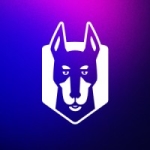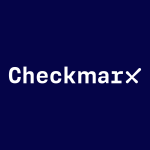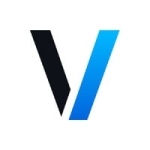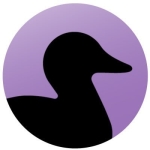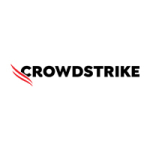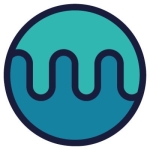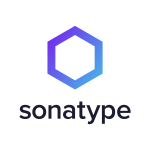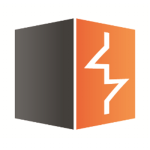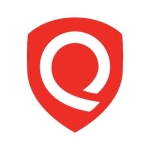What is our primary use case?
We are using the free version of the SonarQube product. Be warned if you choose this version because it is lacking some of the capabilities and support. It is for this reason that we are currently considering migrating to a commercial solution.
What is most valuable?
The main factor that makes the product valuable for us is that it is free because budget is always an issue. We do not have to pay for it, but there are many cons to using a free product at times. It is a very good tool even if it is free. The dashboard and the media that it provides are all quite helpful.
We are always using SonarQube. But currently, we were trying to evaluate some more tools because Sonar in the free version has around 10 to 15 languages. If we go to the commercial version, they support 27 languages and there are a lot of limitations in the resources for traditional support which is not available for the free license users of Sonar.
Integration is there with most of the tools, but we do not have full integration with the free version. That is why we were planning to go ahead and plan to work with some other commercial tools. But as a whole, Sonar will do what we need it to.
What needs improvement?
Integration could be better in SonarQube in the free version. It does not have any bug tracking tool, like Jira. They are not integrated with enough additional programming tools.
There is one issue with the dashboard. The dashboard which is there is okay. But sometimes if we have to work on multiple issues the application is giving us errors. Say we have five issues. All five issues might not be very important, so in cases where there are multiple issues, we would just want it to give us a warning about the important issue. It may be we will get to work on the things of greater importance and over-all have a better solution and we do not have to fix all five. Something like that would be good to help us to prioritize things so then we do not have to go into all the issues and fix them.
We do have this categorization for major and minor issues, but let's say, again, if there are five major issues. I would like to maybe get a score involving the prioritization of these. Out of these five major issues, we should know which issue should be fixed first. This would give us a backup for planning and organizing the prioritization. It is that kind of data that we do not get on the dashboard. If we could, that would be helpful to give priority to the correct issues.
For how long have I used the solution?
We have been using SonarQube for maybe for a year or so. A little more than that.
What do I think about the stability of the solution?
The stability is good. We are not having problems with the product failing.
What do I think about the scalability of the solution?
The stability of SonarQube is good. The scaling part is the problem. We cannot scale to all the other products that we want to use and we cannot improve and scale to other languages.
The language issue is one that we are facing. If you want to use some languages like maybe tool languages or something people want to use, they are not all available in Sonar. In the commercial version of Sonar they may be available. But the free version, there are some limitations.
So we do understand the limitations of the scalability. The free tool comes with its own advantages and disadvantages and limitations on scalability is one of the disadvantages.
How are customer service and technical support?
We do not really have very much contact at all with technical support because SonarQube quite user friendly and intuitive. Technical support is not actually available with the free product, but we do have access to community tools online.
There was this one issue that we had where we had raised a question in the community. We found that if we scanned our project with SonarLint and if we scanned our project with SonarQube, it was giving some different results. SonarQube was showing some issues and SonarLint was not showing any issues at all. There was a clear difference in the report. But when we Googled this issue and looked on the support web site, we found now that SonarLint does not give you the errors around integration. When it comes to SonarQube, it automatically integrates with other processes and scans your port to that. SolarLint does not do this in the same way. This is why SonarQube might give you some errors that SolarLint does not.
So we are not in contact the company support. When there are times when we do have an issue, we see what we can Google or the SonarQube community. Usually, we do find out our answers.
How was the initial setup?
The initial setup is quite straightforward. The setup process is very reasonable as far as it is logical and very simple. It doesn't take much time.
Which other solutions did I evaluate?
We are using Sonar, and we also evaluated Checkmarx. The version of Sonar we are using is the free version of it. Checkmarx is quite a bit different and more helpful compared to Sonar. There are a lot of features missing in the free version of SonarQube that I want to have that already exist in Checkmarx.
What other advice do I have?
Anyone considering SonarQube should initially start with a free trial and then start doing an evaluation. If you have a list of target requirements which you are looking for and you can accomplish these things with Sonar, then you can go ahead and use Sonar. If you are looking for something for diving more deeply into your application security, then you can possibly start with it and scale it or use some other complementary tools. If you want to see your reports, and how your development is performing, Sonar is the best tool, I think.
On a scale from one to ten, where one is the worst and ten is the best, I would rate SonarQube as a seven-out-of-ten.
Disclosure: My company does not have a business relationship with this vendor other than being a customer.



